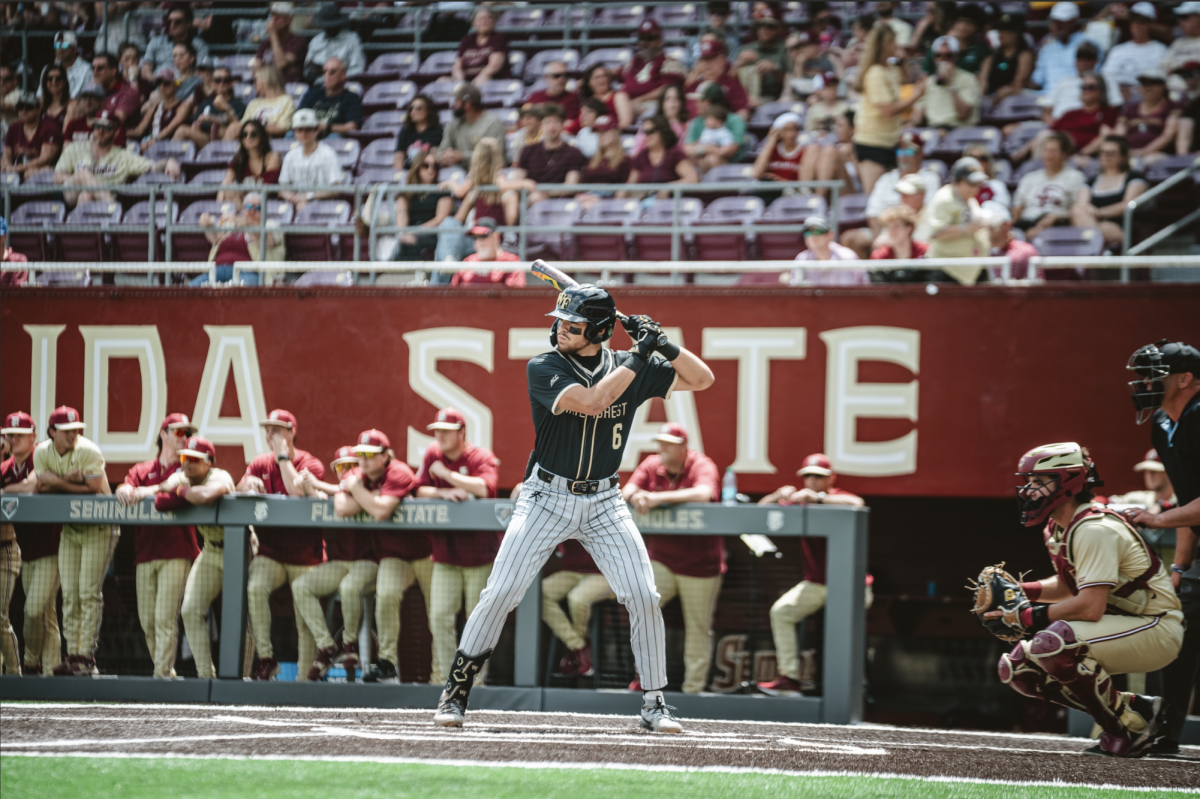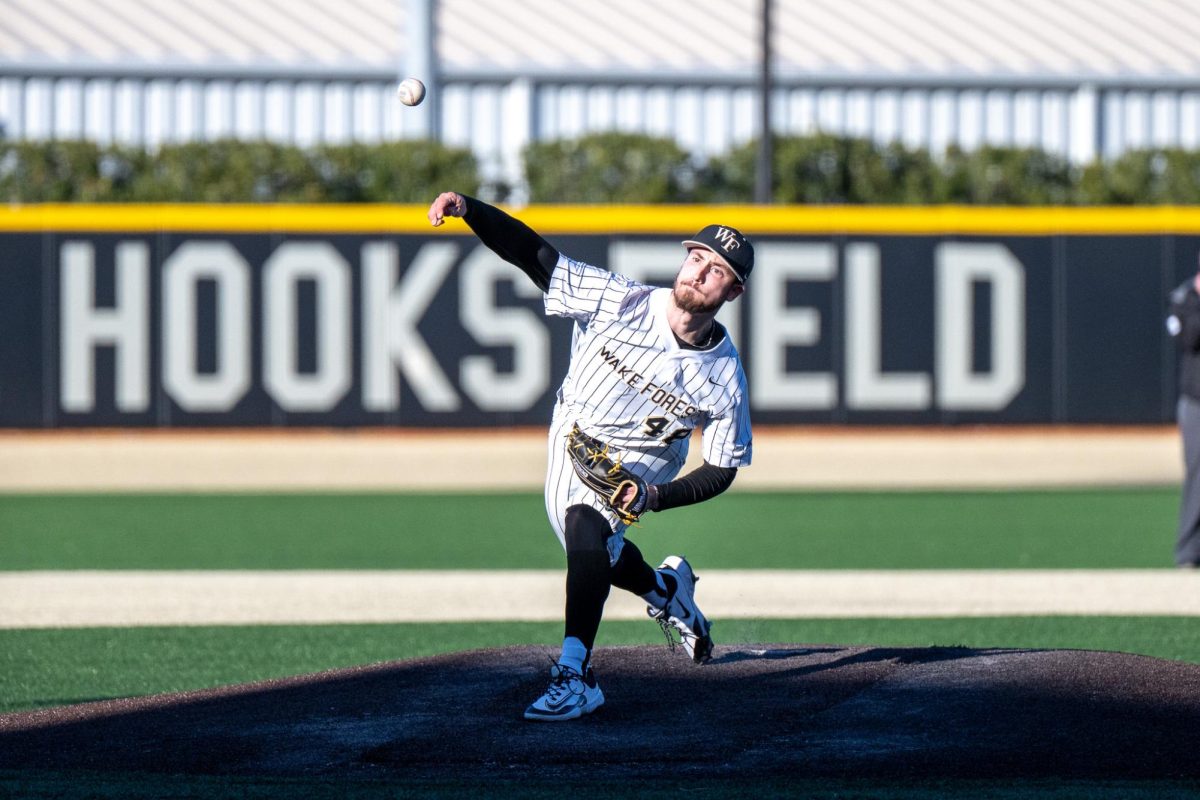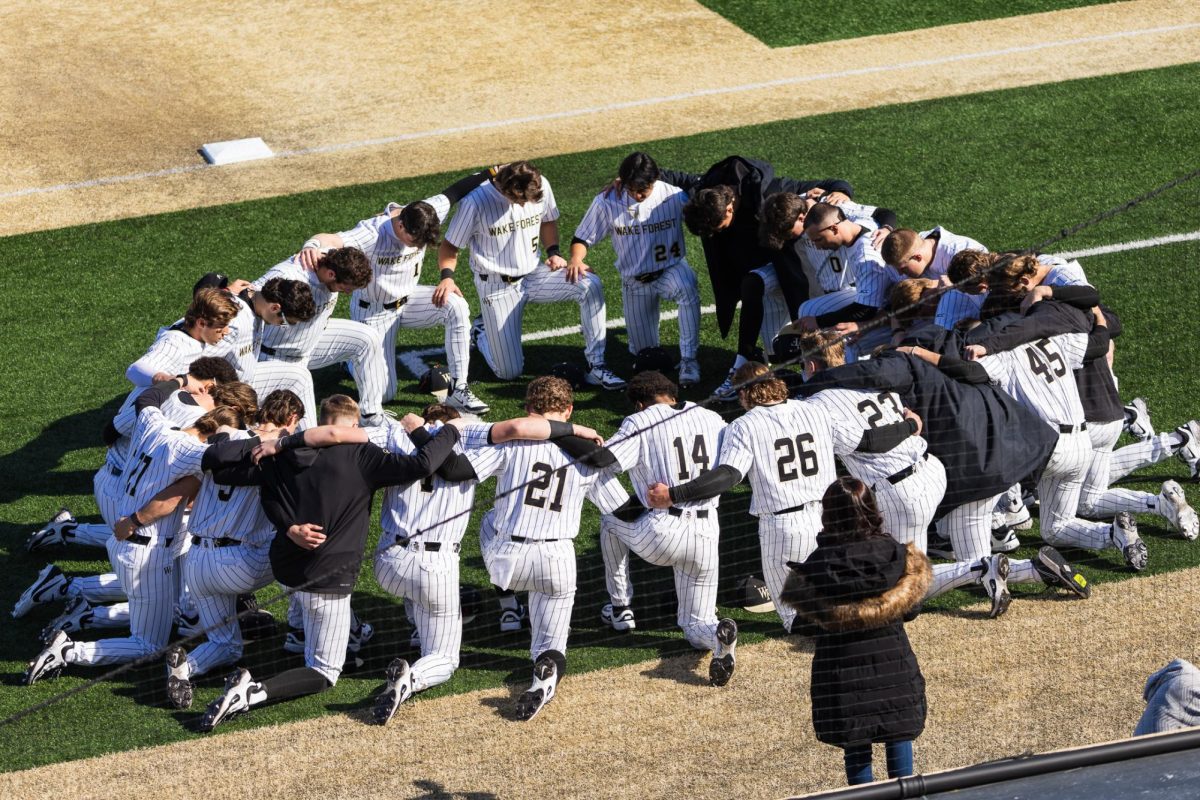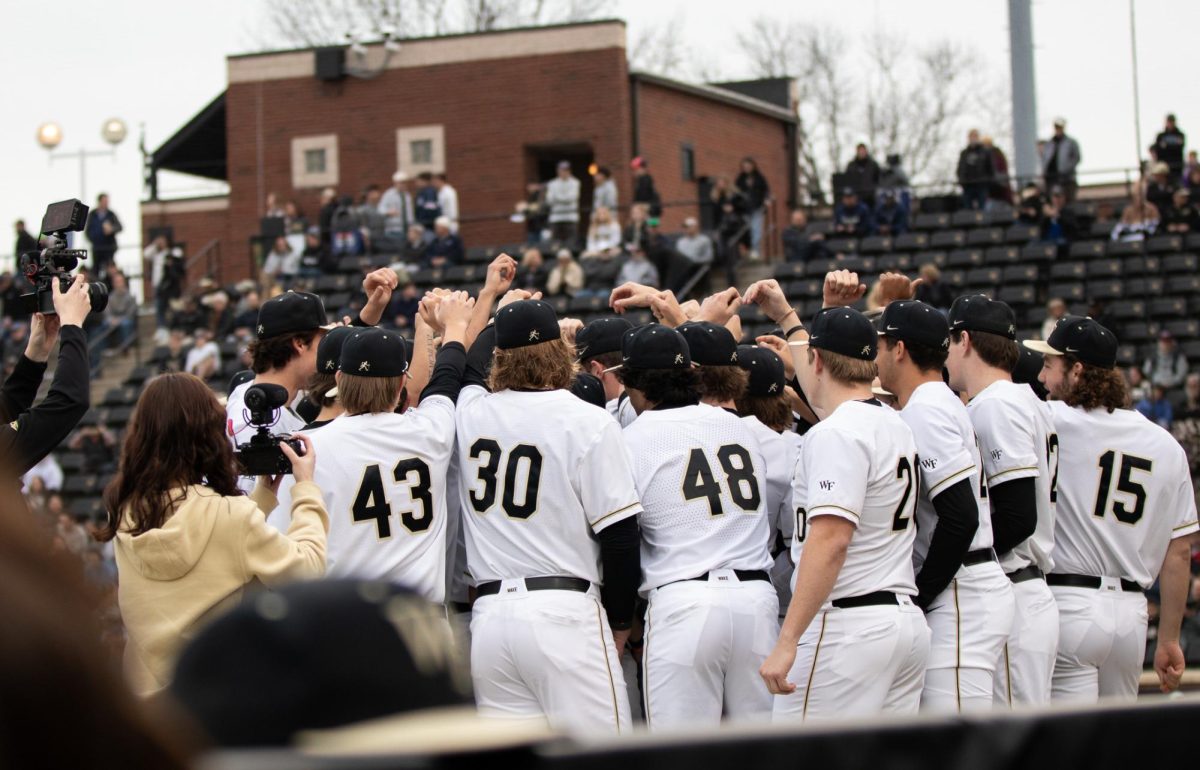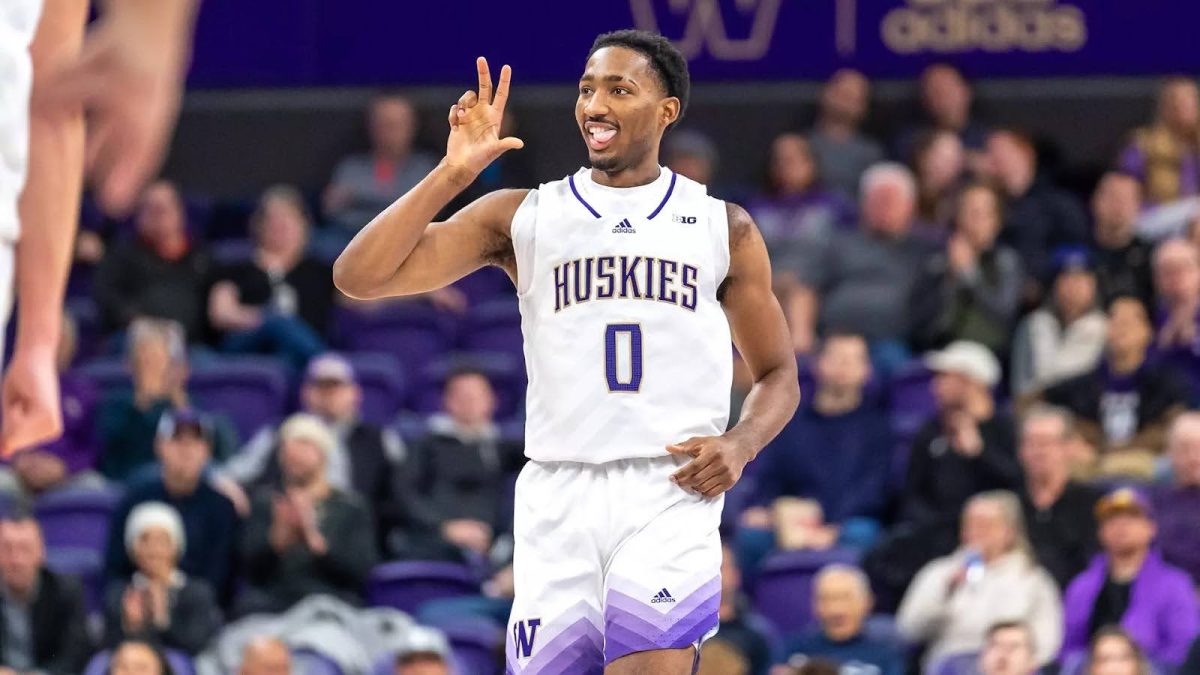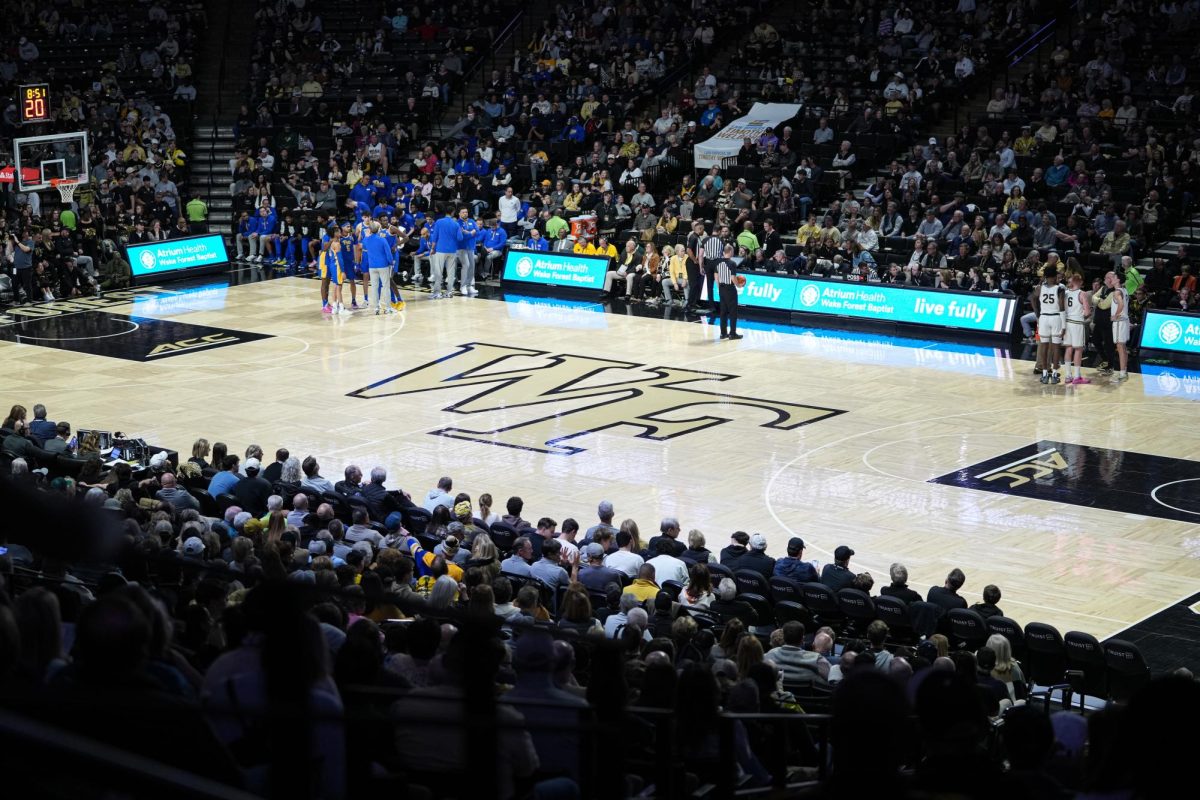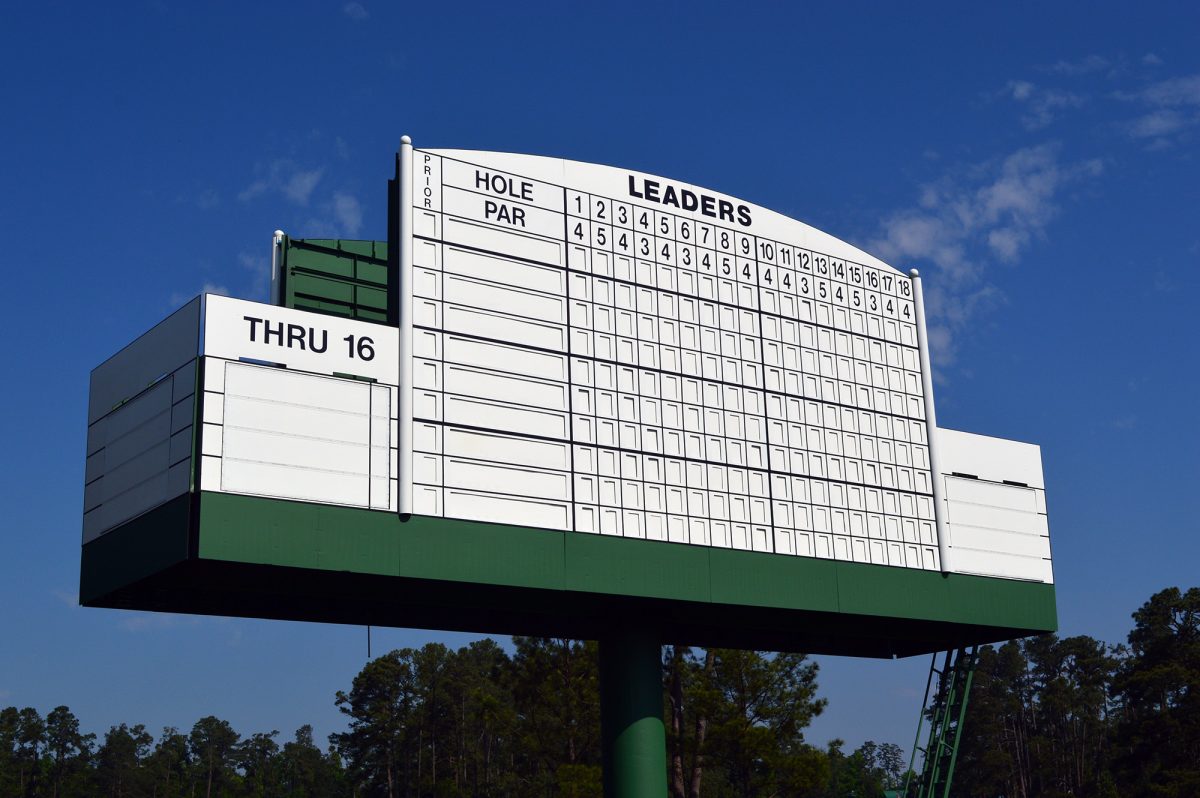Awards voting, no matter the sport, follows flawed voting practices. In MLB, the process is often marred by voter fatigue, old-school thinking and recency bias among members of the BBWAA. Despite this, fans and writers cannot help but indulge in the predictions and coverage regarding these races, and the 2018 NL Rookie of the Year has shaped up to be one of the greatest races in history.
The two favorites, Atlanta Braves 20-year-old outfielder Ronald Acuña Jr. and Washington Nationals 19-year-old outfielder Juan Soto, share a number of similarities.
They both possess awe-inspiring power to all fields, they both hit for a high average and, by the way, they each were the youngest player in MLB at one point this season. To say that their numbers do not reflect their professional inexperience would be an understatement.
Acuña’s current slashline sits at .290/.368/.578, and Soto slightly edges Acuña in this category with a .306/.421/.529. Acuña and Soto have nearly identical wRC+ numbers, posting 150 and 153 respectively, and their fWARs are similarly close, with Acuña’s at 3.8 and Soto’s at 3.5. Their sample sizes also match up nicely, as they each have made about 420 plate appearances.
For a while, Soto appeared to be in cruise control on his way to capturing Rookie of the Year honors, after Acuña missed most of June after suffering a knee injury while trying to run out an infield single. During June, Soto caught fire, hitting six home runs en route to an impressive 178 wRC+.
Soto also broke the record for multi-homer games by a teenager earlier this month, and he passed Ken Griffey Jr. on the all-time teenage home runs leaderboard.
Acuña, however, recently thrust himself firmly atop the hierarchy of NL rookies. Since the All-Star break, Acuña has not just been the best rookie in baseball, he arguably has played like the best player in the National League.
Acuña, who moved to the leadoff spot just after the break, has a second-half wRC+ of 192, a second-half slashline of .327/.419/.699 and has hit 18 of his 25 homers over the same stretch. In mid-August, Acuña homered in five straight games, hit three consecutive leadoff dingers and essentially seized the MLB spotlight.
As the end of the season approaches, Acuña’s case only appears stronger. For one, his defensive talents and baserunning abilities far exceed those of Soto, so if their offensive statistics remain neck-in-neck, these qualities should push Acuña past Soto.
Furthermore, Acuña plays for a team that appears to be bound for the postseason, while Soto’s Nationals appear doomed to miss out on October baseball. Realistically, the Braves would not be atop the division without the contributions of Acuña, whose presence drastically alters the complexion of Atlanta’s lineup.
Regardless of which future star comes home with the award, the race truly is unlike anything in baseball history. MLB.com writer Matthew Leach reported that in MLB history, only 11 players at age 20 or younger posted an OPS+ of at least 140, a number which both Soto and Acuña are on pace to eclipse. Many of the players to accomplish this feat, like Mickey Mantle, Ted Williams, Mike Trout, may sound familiar.
MLB’s recent youth movement continues to produce unbelievable stars, and both Acuña and Soto are two of the most impressive rookies in decades.





